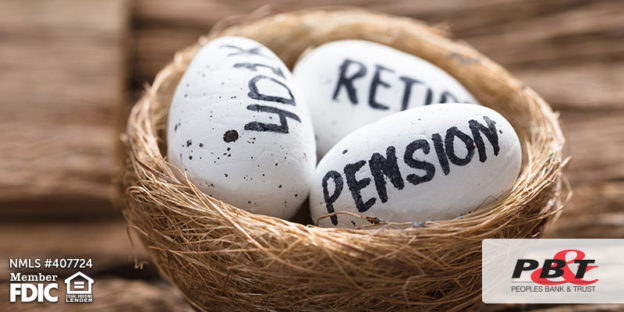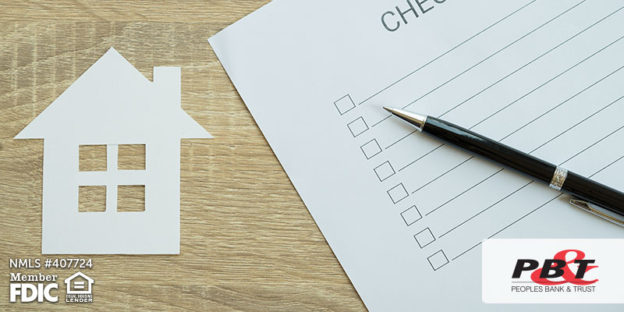As your family grows, so will your budget – but where do you even begin when trying to make one? With all the demands of taking care of your family, it may be hard to find time to make a budget…and stick to it. However, you’ll be ecstatic once you start seeing your hard work pay off. Take a look at how you can begin creating your family budget with these starting points.
Put Everything On The Table
You’ll want to list your income and expenses – don’t leave anything out (even that latte you buy three times a week). Make sure your income is reliable, so if you do get money from side job you do every once in a while, don’t list it, as you never know when you’ll have that cash. Some of your monthly expenses are fixed—mortgage/rent and property taxes—while others may vary, such as electricity, water and groceries. List all the fixed expenses and the amount of the expense. For your variable expenses, write the maximum amount you plan to spend in that category or the amount you expect your bill to be.
See Where The Money Disappears To
When you’re making your budget, where does all of this money go? Can you find ways to cut your expenses, such as buying groceries at a different store or carpooling to cut down on gas? Put all of your money into categories, such as utilities and discretionary spending. Your discretionary spending will account for more than you think. Movie tickets, dining out and that coffee every morning add up fast!
Pick A Goal
Know why you’re making this budget, and don’t just say, “to save more.” By having an actual, detailed goal, you’ll be more motivated to stick to the budget. Maybe you want to pay off your student loans or credit card debt, or your goal is to take a trip! No matter what, having a set goal will make the budgeting process a success.
Track Your Spending
As you begin to start working on your budget, sticking to it and adjusting as you go, it’s important to take detailed notes of your spending. It’s very easy to miss little expenses here and there, especially when you’re so busy running around after your children. By tracking your spending and getting in the habit of doing it every day, you’ll be able to narrow down your budget and make it become more realistic. There are plenty of apps out there to help you easily track your spending, instead of doing it by hand.
Become a frugal family with these top tips! They are a great way to start a simple budget and inch your way towards creating a helpful document that will aid you in saving. Place that savings into an account with us, so you can keep building up your finances!
Peoples Bank & Trust Co.
Member FDIC
Equal Housing Lender











